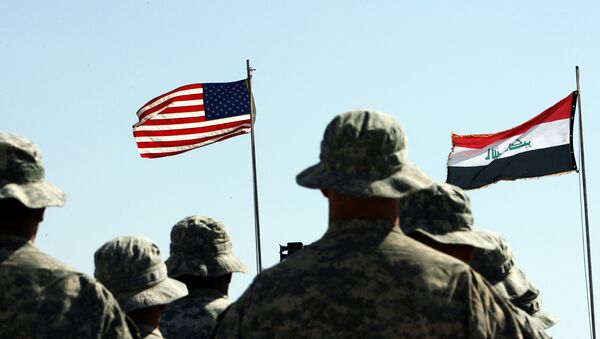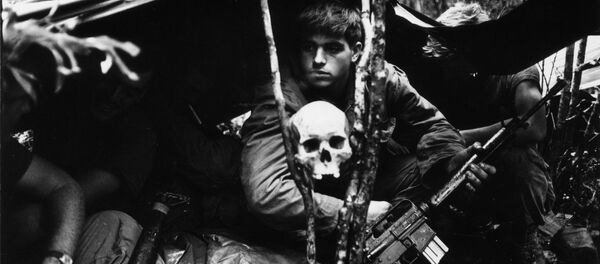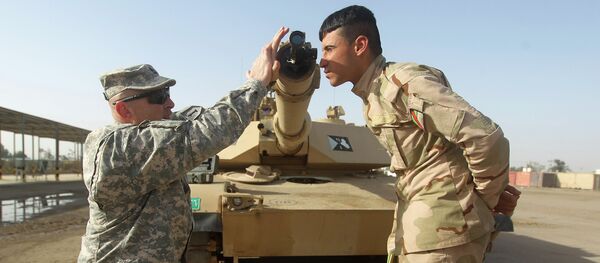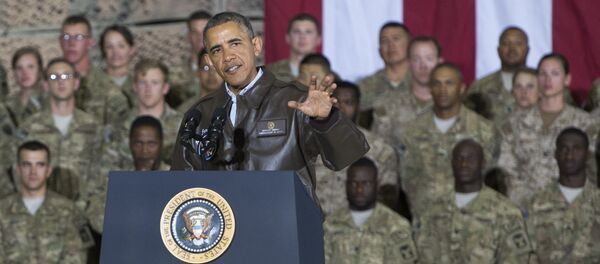Recalling that "conventional wisdom in Washington" has blamed the Obama administration for contributing to the rise of ISIL via his decision to remove US troops from Iraq ahead of the 2012 elections, Davis, a retired US Army Lt. Col with 21 years of active service under his belt, argues that such a "narrative is based on emotion and conjecture which ignores the military and political realities that existed in Iraq in 2011."
"The belief that 10,000 American training and support troops could have prevented entire Iraqi divisions from melting in the face of several thousand irregular ISIS troops was never realistic," the veteran warrior noted, pointing to the experience of US and NATO forces in Afghanistan during the same time frame to prove his point.
But more importantly, according to the veteran, is the fact that Washington has repeatedly and blindly attempted to rely "on military means to solve complex historical, cultural, and economic problems," with "the case of the Taliban's rebirth [being] instructive."
The journalist, who served two tours in Afghanistan, with distinction, in 2005 and 2011, explained that when the Taliban was first "annihilated –not 'defeated' –but wiped out as an organization" shortly after the US-backed incursion in 2001-2002, there was no longer any "reason to leave any US or NATO troops on the ground. We should have redeployed combat forces at that time and transitioned to a diplomatic mission on rebuilding the country's infrastructure and economy, assisting where necessary in the rebuilding their form of government (but leaving it mainly to the Afghan people to determine)."
Moreover, in the expert's view, the presence of the 13,000 NATO troops in Afghanistan today has "done nothing to prevent the continued strengthening of the Taliban. 100,000 troops was not enough to militarily defeat the Taliban and terrorist threat. What possible rationale could be put forth to plausibly suggest one tenth that number could?"
Bringing to bear a series of reasons demonstrating without a doubt that the US is failing in its efforts to prop up the Afghan government, Davis notes that "the evidence and wreckage of the failure of the military-focused policy in Afghanistan is blatant and overwhelming," noting that not only are the Taliban "stronger now than at any time since 2001," but the Afghan security forces meant to fight them "suffer casualties at unsustainably high rates," while the country's drug industry, "which effectively did not exist prior to our invasion – is huge and out of control."
Meanwhile, "Afghan civilians suffer more killed and wounded than at any time in the war, NATO rebuilding efforts have been abysmal failures, and the government in Kabul is the world's 172nd most corrupt (out of 175) in the world."
Ultimately, the veteran notes, "until America's foreign policy and defense leaders admit the obvious failure of the guiding philosophies they have followed, the US is likely to continue making bad situations worse, deepening the harm to American interests abroad and the damage to our allies."
A veteran of the US war in Afghanistan, Davis is also a veteran of both US campaigns in Iraq, serving in Operation Desert Storm in 1991, and then again in 2009.






